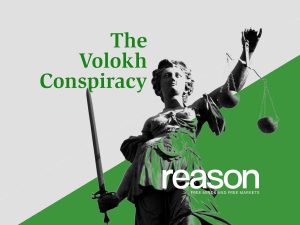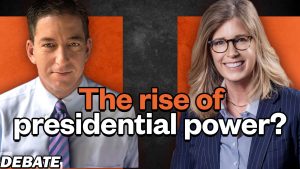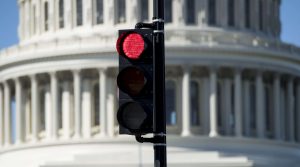Cultural Freedom: The Libertarian Perspective on Artistic Expression
Cultural freedom is an essential component of a thriving society, allowing individuals to express their thoughts, beliefs, and creative endeavors without fear of censorship or repression. From a libertarian perspective, artistic expression is considered a fundamental right that should be protected and celebrated. This article explores the principles of cultural freedom, the libertarian stance on artistic expression, and the implications of enforcing these beliefs in contemporary society.
The Foundation of Libertarianism: Individual Rights and Freedom
At the core of libertarian philosophy is the idea of individual rights. Libertarians believe that each person possesses inherent rights to life, liberty, and the pursuit of happiness. This framework extends to the realm of artistic expression, where creativity is viewed as a personal extension of individual freedom. Within this context, cultural freedom is not merely an abstract concept; it is a practical necessity that empowers individuals to communicate their unique perspectives.
Art as Expression: The Importance of Creative Freedom
Art is a powerful medium that reflects human experience, emotions, and beliefs. Whether through visual arts, music, theater, or literature, creativity allows individuals to communicate complex ideas and challenge social norms. Libertarians argue that the freedom to create and share art fosters innovation and diversity of thought, which are vital for societal progress.
Censoring artistic expression not only undermines individual rights but also stifles cultural progress. By allowing a multiplicity of voices to emerge, society can engage in meaningful dialogue, leading to greater understanding and empathy among diverse populations.
Censorship: A Threat to Cultural Freedom
Censorship can take many forms, from government regulation to social stigma. For libertarians, any attempt to suppress or control artistic expression represents a violation of individual rights. This perspective holds that government intervention in the arts often reflects the interests of powerful institutions rather than the collective will of the people.
Historical Context: Censorship and Artistic Expression
Throughout history, many regimes have attempted to suppress artistic expression, leading to significant cultural consequences. From the Burning of the Books in ancient China to the art purges of the Soviet Union, these actions have consistently demonstrated that censorship undermines not just art, but also the fabric of society. Libertarians argue that such interference dramatically alters the cultural landscape, leading to homogenized thought and a lack of innovative ideas.
The Role of the Market in Artistic Expression
Libertarians advocate for a free-market approach to artistic expression, emphasizing that individuals should have the liberty to create and distribute their art without government interference. In a free market, artists are motivated by the interests and preferences of their audience, leading to a diverse array of creative works.
The Power of Choice: Consumer Preferences and Artistic Diversity
In a capitalist system, consumers drive the success of artistic endeavors. This allows for a dynamic interplay between creators and their audience, resulting in the evolution of styles and themes. Libertarians believe this competition ultimately enhances the quality and diversity of art, providing something for everyone.
The Digital Age: Opportunities and Challenges in Cultural Freedom
The rise of the internet and digital platforms has revolutionized artistic expression, providing unprecedented opportunities for creators to share their work with global audiences. However, this new landscape also presents challenges, such as online censorship and the risk of platform monopolies controlling what content is acceptable.
Safeguarding Cultural Freedom in the Digital Era
From a libertarian perspective, it is crucial to protect cultural freedom in the digital age. This protection includes advocating for net neutrality and opposing government regulations that limit free expression online. Ensuring that digital platforms remain open and accessible to all creators helps maintain a vibrant cultural landscape.
Conclusion: Embracing Cultural Freedom for a Better Society
Cultural freedom is a fundamental tenet of libertarian philosophy, rooted in the belief that individual rights should be upheld above all else. By championing artistic expression without censorship, society can foster innovation, creativity, and diverse voices. In a world increasingly influenced by technology, it is vital to recognize the importance of protecting cultural freedom to ensure that all individuals have the opportunity to share their unique perspectives and contribute to the rich tapestry of human experience.
Call to Action: Support Artistic Expression Today
Readers are encouraged to embrace cultural freedom by supporting local artists, attending performances, and advocating against censorship. By prioritizing artistic expression, we can create a more inclusive society that values and celebrates diversity in all its forms. The future of creativity depends on our collective commitment to freedom and expression.
Share this content:








Post Comment